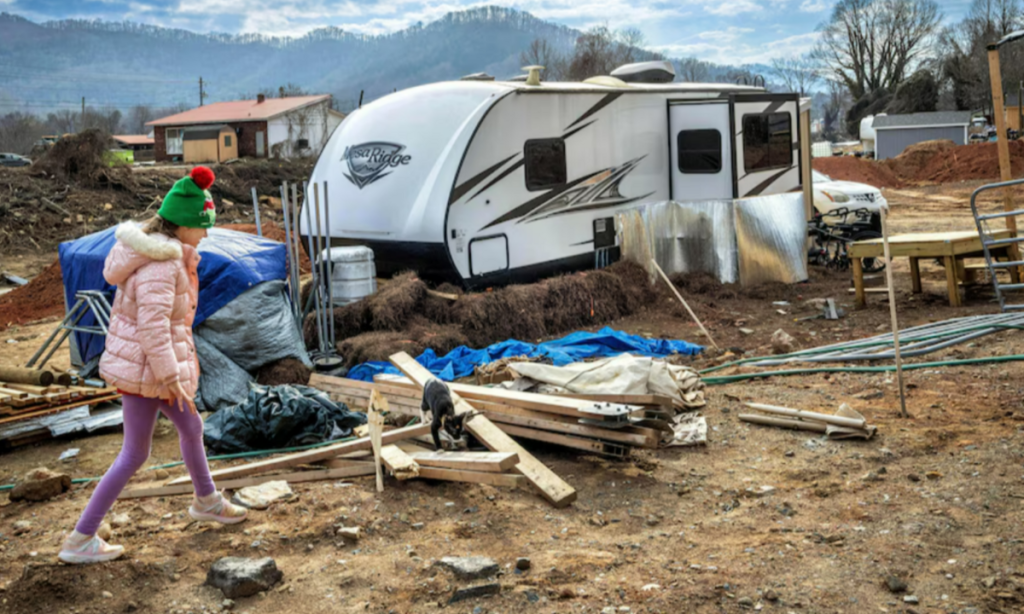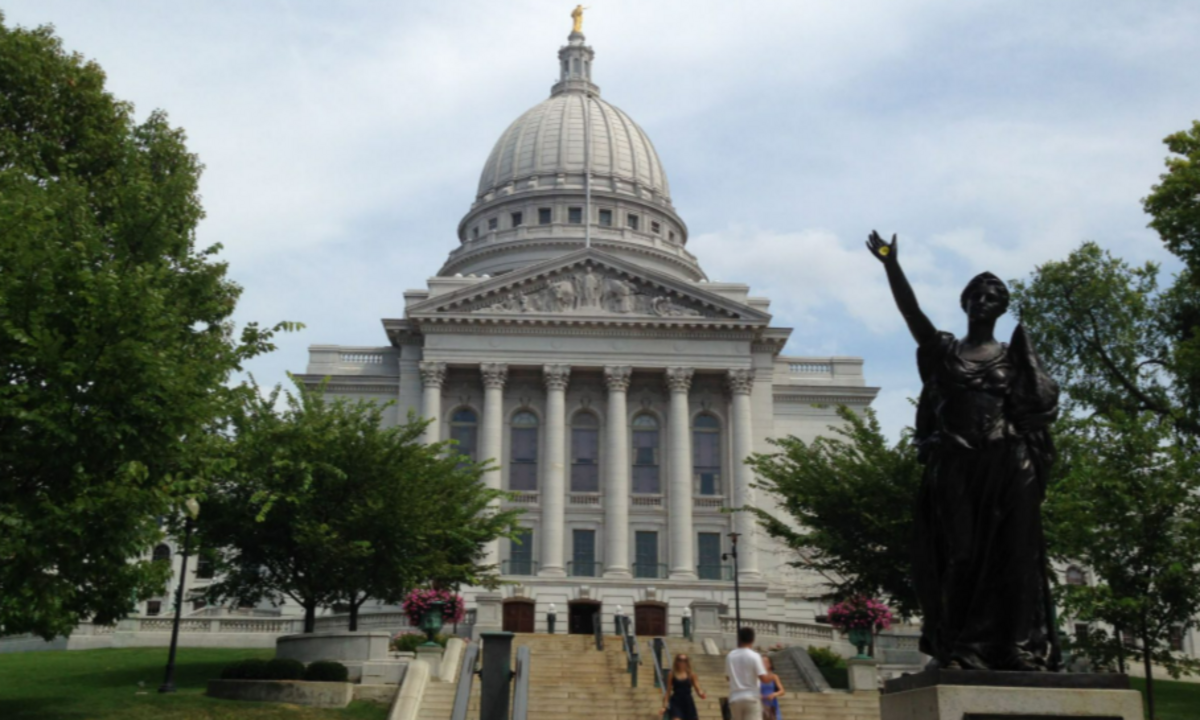In a recent legislative move, Wisconsin Republican lawmakers have introduced a bill aiming to provide a $10,000 income tax credit to individuals displaced by natural disasters, specifically Hurricane Helene in North Carolina and the recent wildfires in Los Angeles County, California.
This initiative seeks to attract these displaced individuals to relocate to Wisconsin, addressing the state’s ongoing workforce shortages, particularly in the healthcare sector.
Details of the Proposed Bill
The bill, introduced by State Representative Cindi Duchow and State Senator Dan Feyen, proposes that any individual who relocates to Wisconsin from the specified disaster-affected areas would be eligible for a one-time $10,000 income tax credit for the 2025 tax year. However, individuals with felony convictions would not qualify for this benefit. The primary goal of this legislation is to offer a fresh start to those who have lost their homes while simultaneously bolstering Wisconsin’s workforce.
Addressing Workforce Shortages
Wisconsin has been grappling with significant workforce challenges, especially in the healthcare industry. A report from a task force established by Democratic Governor Tony Evers highlighted a potential shortfall of up to 19,000 registered nurses by 2040 and nearly 32,000 annual openings in the healthcare sector over the next five years. By attracting skilled workers from disaster-affected regions, the proposed tax credit aims to mitigate these projected deficits and ensure that the state’s healthcare needs are met.
Legislative Support and Prospects
While the bill has garnered interest, its future remains uncertain. Republican Assembly Speaker Robin Vos described the proposal as an “interesting concept” and expressed a desire to further explore how it could enhance the state’s workforce. As of now, Democratic Governor Tony Evers and other key officials have not publicly commented on the bill’s potential enactment. The bipartisan dynamics of Wisconsin’s legislature will play a crucial role in determining the bill’s progression.
Background on the Disasters
Hurricane Helene, which struck in September, caused extensive damage across parts of the southeastern United States, with North Carolina being particularly hard-hit. The storm resulted in over 230 fatalities, including at least 106 in North Carolina alone. Concurrently, devastating wildfires in Los Angeles County led to the destruction of thousands of homes, businesses, and vehicles, claiming the lives of at least 29 individuals. These disasters have left many residents seeking new beginnings, and Wisconsin’s proposed tax incentive could offer a viable option for relocation.
Potential Impact and Considerations
If enacted, this legislation could serve a dual purpose: providing relief and new opportunities for disaster victims while simultaneously addressing Wisconsin’s labor shortages. However, several factors need consideration:
Integration and Support: Ensuring that relocated individuals have access to housing, employment opportunities, and community support will be vital for successful integration.
Economic Implications: The state will need to assess the financial impact of offering such tax credits and weigh them against the anticipated economic benefits of an expanded workforce.
Precedent for Future Legislation: This initiative could set a precedent for other states to implement similar measures, fostering a collaborative approach to disaster recovery and workforce development.
Wisconsin’s proposal to offer a $10,000 income tax credit to individuals displaced by Hurricane Helene and the California wildfires reflects a compassionate and strategic approach to disaster relief and economic development. By inviting these individuals to start anew in Wisconsin, the state aims to rejuvenate its workforce and provide much-needed support to those affected by natural calamities. As the bill moves through the legislative process, its potential to bring about positive change for both the state and displaced individuals remains a focal point of discussion.
Disclaimer—Our team has checked this article to ensure its accuracy and eliminate any misinformation. We are committed to providing clear and reliable information for our readers.


